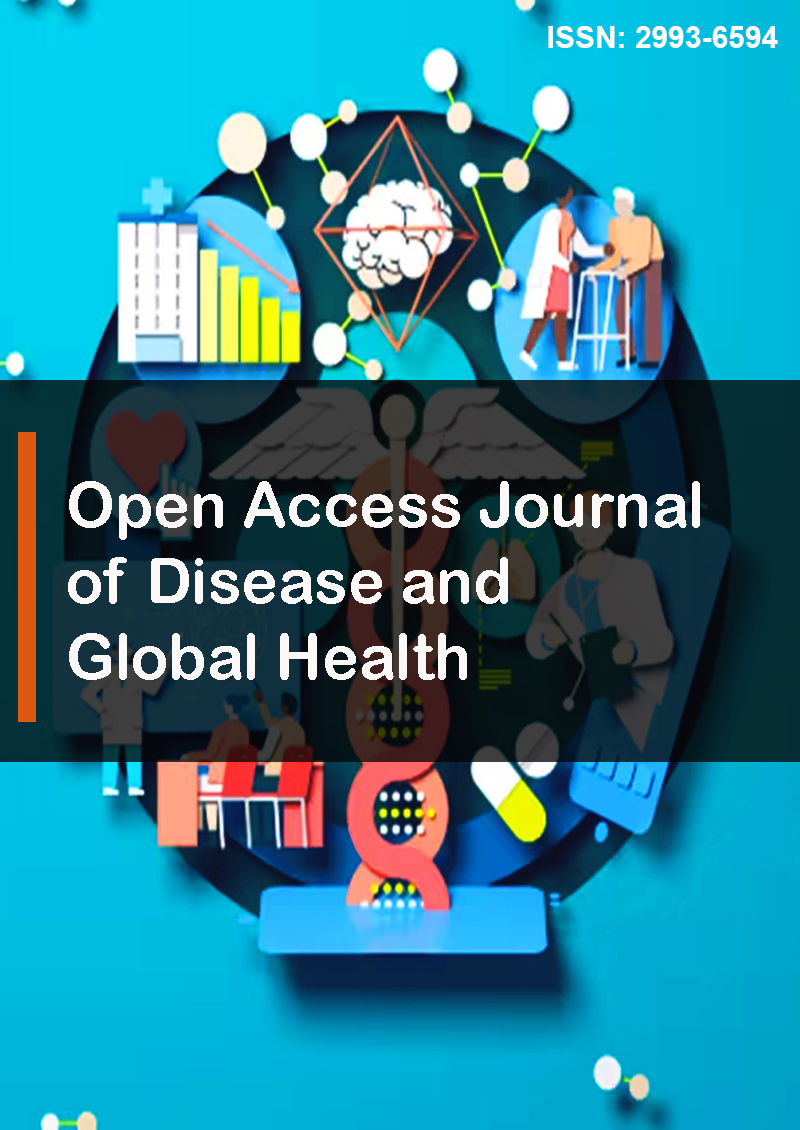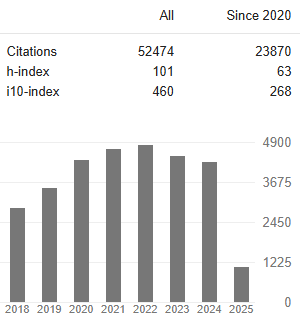Loneliness, Resilience and Psychological Wellbeing among the Elderly from Kyankwanzi, Rakai and Jinja Districts in Uganda
Abstract
Mary Oliver Basemera and Baguma Peter
The purpose of this study was to establish the relationship between loneliness, resilience and psychological wellbeing among the elderly in Uganda. The study further assessed whether resilience moderates loneliness with psychological wellbeing. Three hundred participants were selected using simple random and snowball sampling techniques. Correlation and comparative designs were used. To determine the relationship between loneliness, resilience and psychological wellbeing, a Statistical Package for Social Sciences (SPPS) was used to compute the Pearson Product Moment Correlation Coefficient. ANOVA was used to determine the difference in loneliness, resilience and psychological wellbeing. Model 1 of PROCESS macro was used to determine the moderation of resilience on loneliness and psychological wellbeing. The background factors such as age, sex, education and occupation levels and districts of the participants were controlled. The study followed a theoretical framework basing mainly on three theories of aging; the activity, disengagement and psychosocial theories. Results revealed that resilience and psychological wellbeing (r- .48 p .01), were significantly associated, loneliness and psychological wellbeing (r- 35 P .01) had a negative significant relationship as well as loneliness and resilience (r-56 P .01). Loneliness had a significant difference between the elderly, whereby Rakai (m=34.01), Kyankwanzi (M = 27.09) and Jinja (M = 44.26). There was a significant difference in resilience, Kyankwanzi (m= 56.19), Rakai (M =51.12) and Jinja (M = 50.03). There was no significant difference in psychological wellbeing. Kyankwanzi (M = 49.39), Rakai (M = 45.39) and Jinja (M = 46.11). Results revealed that for all levels of resilience, psychological wellbeing decreases. When psychological wellbeing is high, loneliness is low. Conclusively, it is always important to maintain high levels of resilience and psychological wellbeing among the elderly so as to reduce the impact of loneliness. Further studies would be undertaken to determine other factors that affect psychological wellbeing among the older persons. A qualitative study would be done to determine the impact of loneliness among the elderly.




